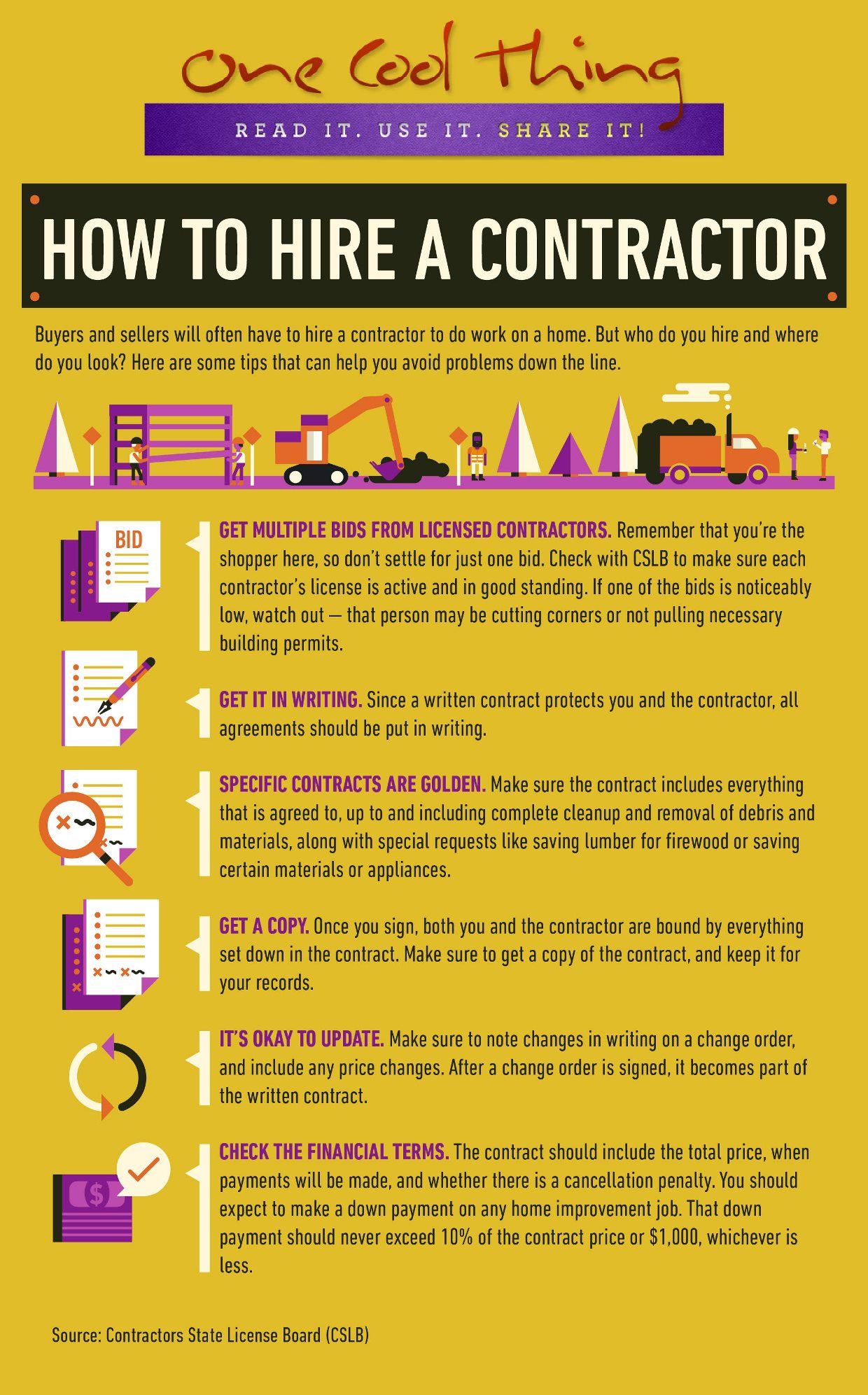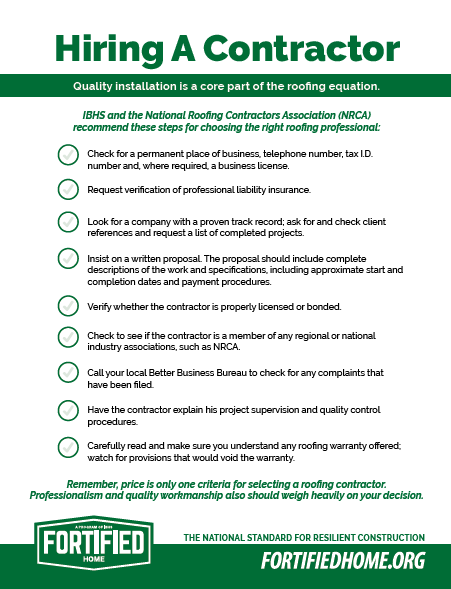How To Hire Someone As A Contractor

Hiring a contractor can be a game-changer for your business, but missteps can lead to legal and financial headaches. Here's your urgent guide to navigating the contractor hiring process correctly.
This article outlines the critical steps to ensure you're compliant and protected, from defining the role to managing the relationship.
Define the Scope of Work
Clearly define the project's scope. A vague agreement invites disputes and scope creep. Document everything in writing.
Outline specific deliverables and deadlines. Include details about expected quality and revisions.
Determine Independent Contractor Status
Incorrectly classifying an employee as a contractor can result in severe penalties from the IRS and state labor agencies. Use the IRS's guidelines to determine worker classification.
Consider behavioral control, financial control, and the relationship's type. Misclassification is a common mistake that businesses cannot afford.
Craft a Robust Contractor Agreement
A solid contractor agreement is your shield. It protects you from liability and defines the terms of the engagement.
Include payment terms, intellectual property ownership, confidentiality clauses, and termination conditions. Have an attorney review the document before signing.
Insurance and Liability
Confirm the contractor has adequate insurance coverage. This is crucial for mitigating risks related to accidents or damages during the project.
Request proof of insurance, including general liability and workers' compensation. Ensure your company is also named as an additional insured party.
Background Checks
Conduct background checks where appropriate. This safeguards your company's assets and reputation.
Consider the sensitivity of the information the contractor will access. A reputable background check provider can offer comprehensive screening services.
Payment and Invoicing
Establish a clear process for payment and invoicing. Outline payment schedules and required documentation.
Use electronic payment methods to streamline the process. Implement a system for tracking invoices and payments to prevent delays.
Monitor Performance and Provide Feedback
Regularly monitor the contractor's performance. Provide constructive feedback to ensure they meet your expectations.
Document all communication and feedback provided. This will serve as a record of the project's progress and any issues encountered.
Termination Clause
Include a clear termination clause in the agreement. This outlines the conditions under which either party can terminate the contract.
Specify the notice period required for termination. Define any penalties or obligations associated with contract termination.
Document Everything
Maintain meticulous records of all interactions. This is key to protection against misunderstandings and legal problems.
Retain copies of the contract, invoices, payments, and correspondence. A well-documented project minimizes disputes.
Legal Review
Consult with an attorney experienced in contract law. This step ensures compliance with all applicable regulations.
Legal counsel can identify potential risks and recommend protective measures. Do not skip this step if you are unsure of the legal implications.
Remember:
Compliance is key. Failure to follow these steps can have costly legal consequences.
Take proactive steps to protect your company when hiring contractors. Stay informed and seek professional guidance to navigate the complexities.
Next steps: consult with legal and financial advisors to tailor these guidelines to your specific business needs and location. Stay updated on changes to labor laws that may affect contractor classifications.


















